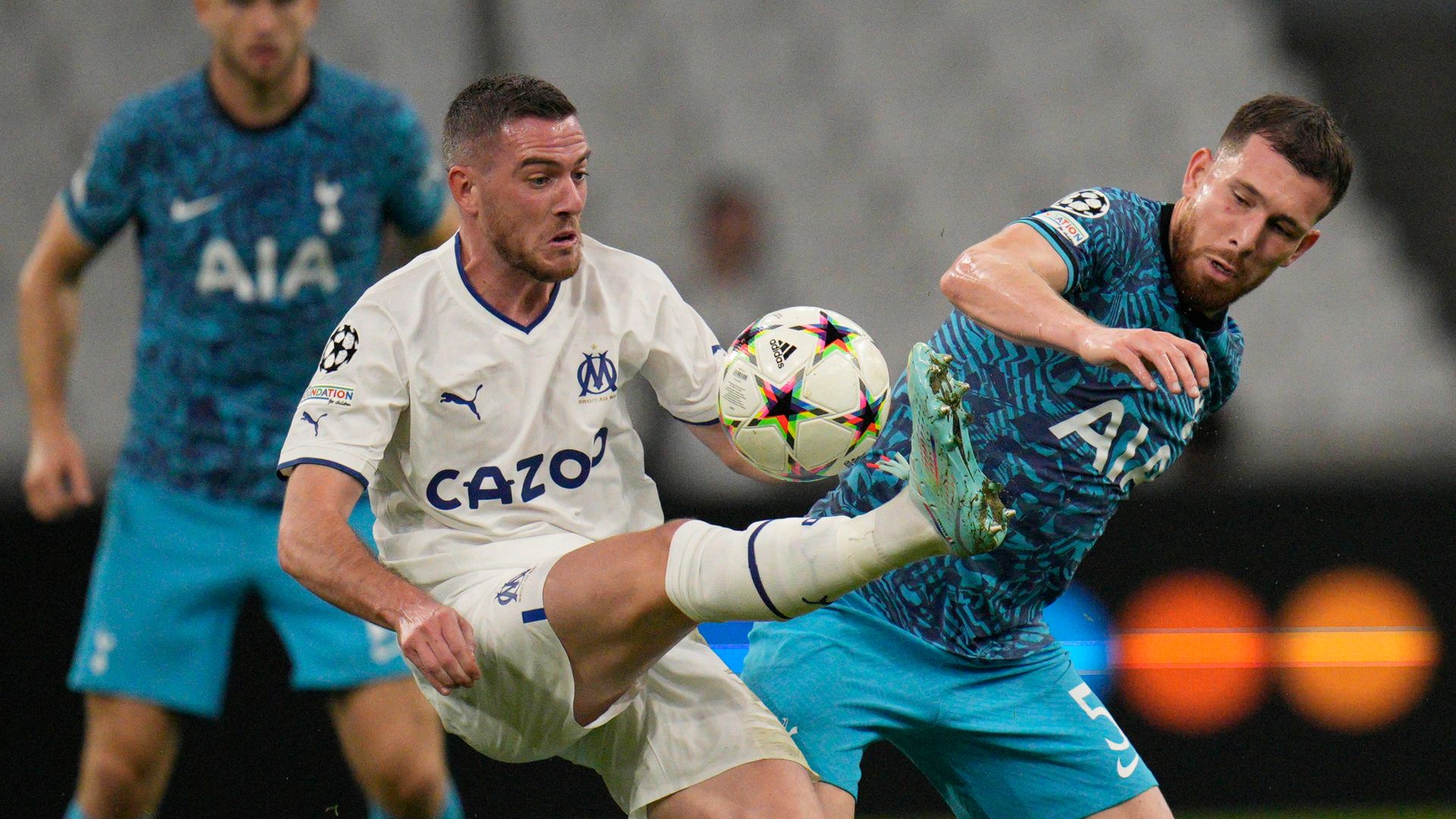‘What We Saw Was Not Normal’: Lawyers Discuss Chauvin Trial
In a panel discussion, legal experts cautioned Americans against deriving a sense of justice from ex-cop Derek Chauvin’s guilty verdict, arguing that the circumstances surrounding his conviction for the killing of George Floyd were atypical.


Former Minneapolis officer Derek Chauvin hears sentence. Photo via NBC News
The quality of evidence, number of expert witnesses and level of resources devoted to the trial of ex-police officer Derek Chauvin for the killing of George Floyd was “unheard of,” says Christina Swarns, the executive director of the Innocence Project and former federal appellate public defender.
Swarns, along with Minnesota criminal defense and civil rights attorney A. L. Brown and former U.S. attorney for the Southern District of Florida Wifredo Ferrer, considered the legal mechanisms and consequences of Chauvin’s prosecution in a panel discussion organized by the Quattrone Center for the Fair Administration of Justice Wednesday.
All three emphasized that the courtroom circumstances underscoring Chauvin’s guilty verdict were “not the norm,” Brown said.
“What we saw was not normal,” Brown said. “It wasn’t normal from the beginning of the case to the end of the case: the judge’s decision to issue a written order for sentencing as opposed to sentencing from the bench, the level of resources, the diversity of the jury.
“There was nothing normal about this trial, and I don’t want America to get any comfort from this experience, because it’s not real.”
The online panel, at the University of Pennsylvanias Carey School of Law, attempted to make sense of practical issues surrounding the prosecution of police officers. The panelists devoted significant time to speculation about jury selection, with Ferrer emphasizing that “trials are won or lost in jury selection.”
Like the trial itself, which ended in the conviction of Chauvin on second-degree murder charges, the jury was a “unicorn jury,” Brown said, atypically diverse in majority-white Hennepin County, where the trial took place.
The panelists argued that the jury’s composition — three Black men, one Black woman, two jurors who identify as multiracial, two white men and four white women — reflected efforts by both the prosecution and defense to anticipate suspected biases and mold the jury in their favor.
The history of all-white juries acquitting white police officers for the killings of Black men put the prosecution — and the public — on high alert during the selection process, Swarns said, adding that “stereotypically, you would expect” Chauvin’s counsel to attempt to exclude Black jurors and the prosecution to attempt to exclude white ones.
Despite their differing strategies, both parties needed to be cognizant of discrimination in juror selection, an unconstitutional action that could have vacated Chauvin’s conviction.
Although Swarns believes the jury’s overrepresentation of people of color has much to do with “the high-profile nature of this case,” she said consequential conversations took place during jury selection.
In one, a Black man who shared his experiences with police brutality pledged to fairly judge the case, only to have the defense argue for his exclusion.
“That experience is not uncommon in this country, given the history and the way law enforcement is administered in many communities,” she said. “To say that a Black person who has those kinds of experiences can’t serve on the jury is essentially to exclude an enormous percentage of the Black population.”
For Brown, “anybody who cares about the criminal justice system” should examine the legal strategies that produced this jury, a rarity in the majority-white criminal legal system, where people of color are often tried by juries “that look nothing like them.”
Harder to pin down was the strategy of the defense, which ranged from blaming Floyd for his own killing, depicting him as a drug addict suffering from “excited delirium” and asserting, without sufficient evidence, that cop car exhaust accelerated his death, Brown said. The video, which depicted a plainly obvious and excessively violent killing, likely prevented the defense from negotiating a plea bargain, he added.
“The primary problem you have, is you’ve got video,” Brown said. “[As the defense,] you’ve got to persuade people that what they’re seeing, they aren’t seeing.”
The panelists also speculated about Chauvin’s upcoming federal trial, which concerns civil rights charges. In May, a federal grand jury in Minnesota indicted Chauvin of willfully depriving Floyd of the constitutional right to be protected from illegal search and seizure, which includes the right to be free from unreasonable force by a police officer.
The indictment also includes fired officers J. Alexander Kueng, Thomas Lane and Tou Thao, who face state charges of aiding and abetting in Floyd’s death and depriving Floyd of his civil rights under color of law.
Ferrer said the decision to try the case in federal court likely corresponded to the priorities of the Biden administration, which has so far demonstrated an interest in civil rights enforcement. In addition to considering the implications of a federal case for the victim’s family, federal officials should contemplate the community-wide implications of another trial.
“Is it something that’s going to erode the minds and the peace of the community?” Ferrer asked.
But the upcoming federal case, which won’t be televised and will require the jurors to prove, beyond a reasonable doubt, that the officers violated Floyd’s civil rights, is of great interest to most Americans, he added.
“This case had incredible ramifications, not just for the community in Minneapolis but all throughout the United States.”
Eva Herscowitz is a TCR Justice Reporting intern.

 Landwebs
Landwebs 





















